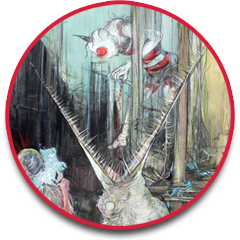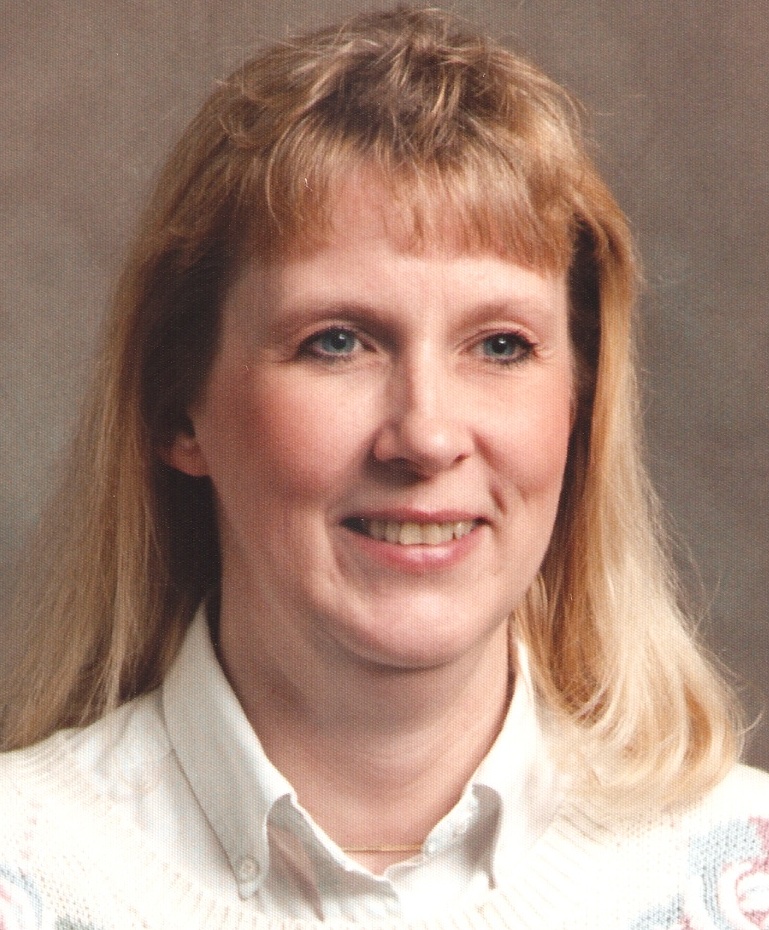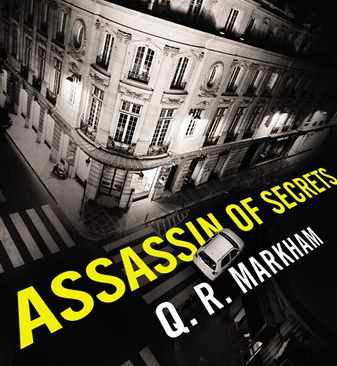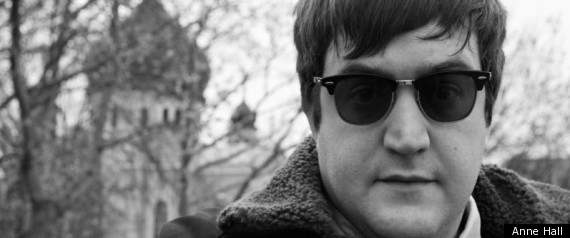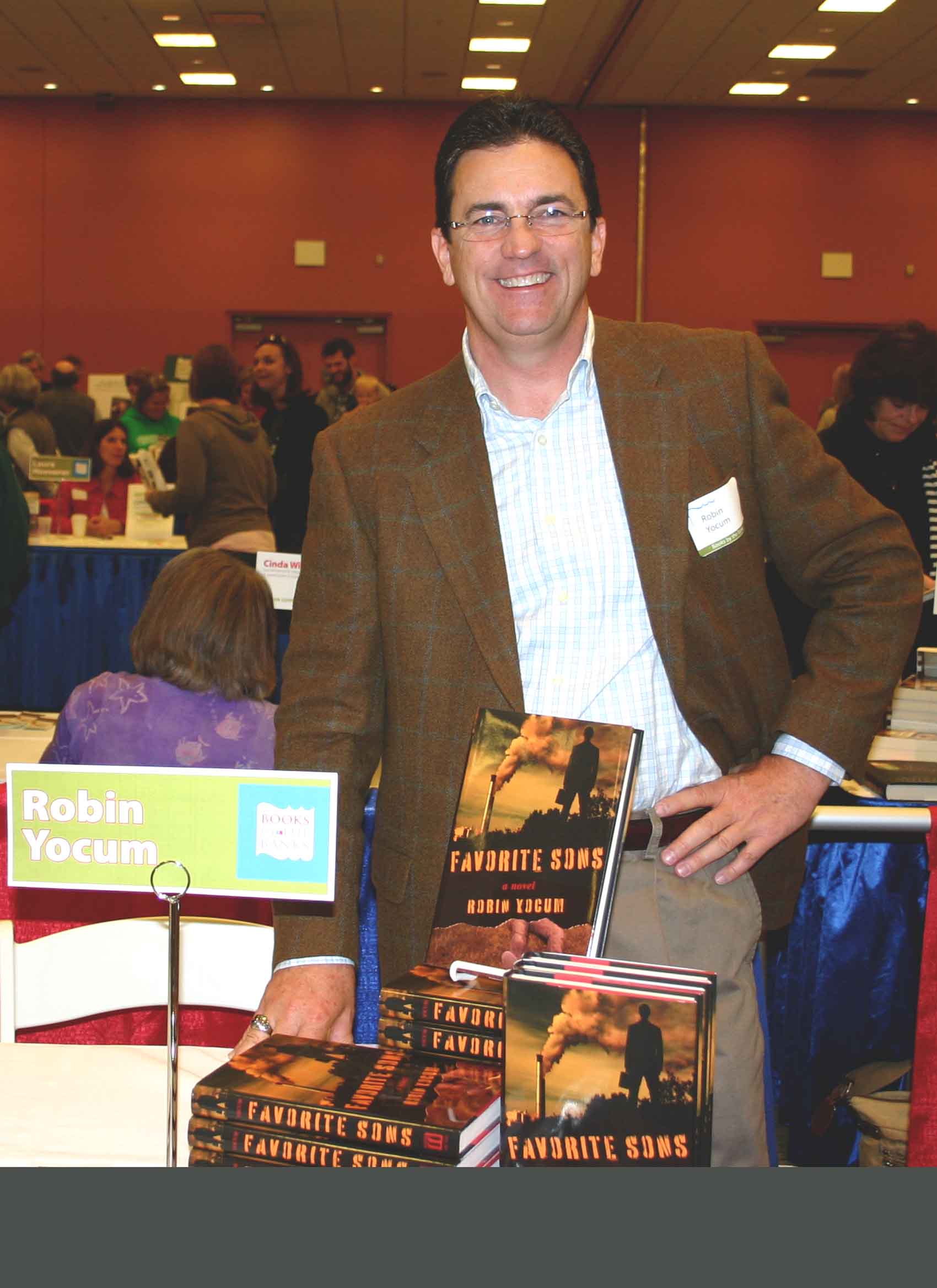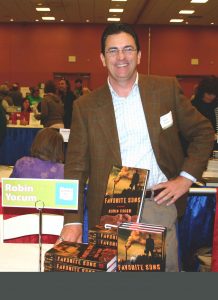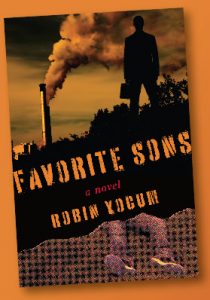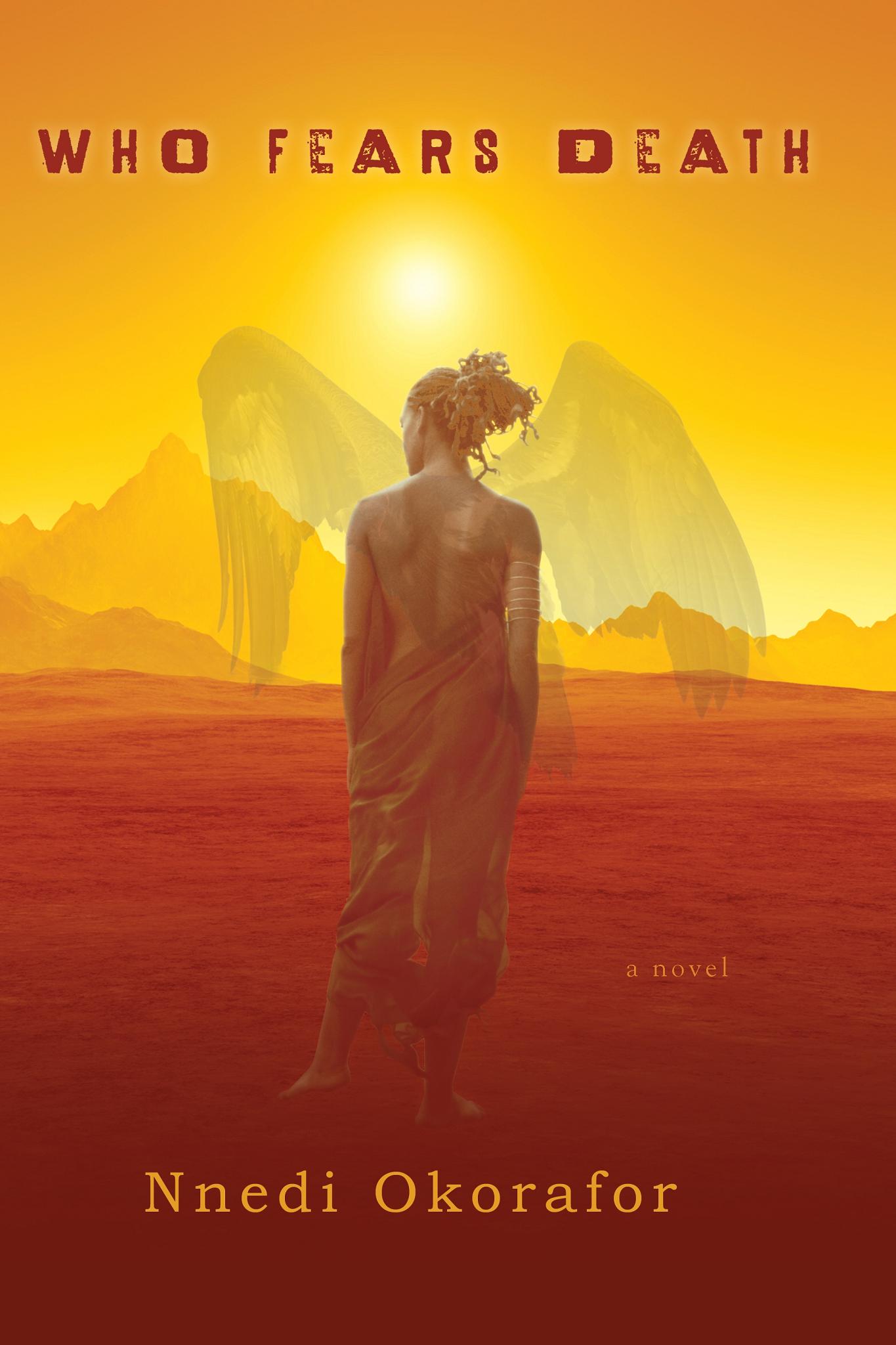 L. McMaken
L. McMaken
11-11-11
Cincinnati, OH
First, tell us a bit about yourself. Where you’re from? Past jobs, awards, the usual bio stuff.
Born in Huntington, West Virginia, over the years, I have held many positions: waitress, tax preparer, “Girl Friday” for a media mogul, Off-Broadway performer, media literacy consultant, and a public classroom teacher for forty years. I hold multiple advanced degrees from a variety of colleges and universities. I have been a Martha Holden Jennings Scholar, a Time Warner Star Teacher, Columbus (OH) Educator of the Year, and a guest panelist for the Smithsonian. I have been a daughter, a wife, a mother, a grandmother, a teacher, and now an author.
What do you write?
I began my career writing Jane Austen-inspired novels. My first, Darcy’s Passions, is Austen’s Pride and Prejudice retold from Mr. Darcy’s point of view. Its sequel, Darcy’s Temptation was a 2009 Booksellers Best Award Finalist. The Phantom of Pemberley, a cozy mystery, placed third in romantic suspense in the 2010 Dixie Kane Memorial Contest. I also have a paranormal version in Vampire Darcy’s Desire, as well as Captain Wentworth’s Persuasion, a retelling of Austen’s Persuasion. Ulysses Press released my latest book, a Christmas-themed sequel to Pride and Prejudice entitled Christmas at Pemberley, on November 8.
I also write Regency romance. I have two series currently on the market. The first three books in the “Realm” (a fictionalized covert governmental group) are available: The Scandal of Lady Eleanor (Book 1), which Publisher’s Weekly called a “knockout” was released in March 2011. A Touch of Velvet (Book 2) and A Touch of Cashémere (Book 3) have followed, while A Touch of Grace and A Touch of Mercy are in the planning stages. In addition, the initial book in The First Wives’ Club trilogy has been released. Readers can preview each of my novels on my website (www.rjeffers.com).
Who has been the most difficult character for you to write?
In writing “extensions” of Austen’s classic tales, I am often called upon to bring to life one of her minor characters – creating a back story, a description, motivations, conflict, etc., for characters for which Austen offered few details: Caroline Bingley, Colonel Fitzwilliam, Charlotte Collins, Sir Walter Elliot, Captain Harville. An audience of avid Austen fans who have preconceived ideas of how the character looks and acts because of various film adaptation of Austen’s works compounds the problem. One must have Georgiana Darcy resemble Emilia Fox from the 1995 adaptation of Pride and Prejudice, and Mr. Collins must have a strong resemblance to Tom Hollander from the 2005 film.
Of all Austen’s minor characters, I want Anne De Bourgh to know a different life. I have attempted three possible scenarios for Anne’s future, and although I am more comfortable with the rendering found in my Christmas at Pemberley, I am not totally satisfied with the depth of Anne’s characterization. I want to know more of Lady Catherine De Bourgh’s “sickly” daughter.
What characters are lying on your “office floor”? Why didn’t they come to life on the page and do you think they ever will? Or why not?
When I wrote A Touch of Velvet, I expected it to lead to two stories – one for each of Velvet Aldridge’s twin sisters, Cashémere and Satiné Aldridge. Of course, if I had thought about it, I would have known better. A Touch of Velvet was to be book one of the Realm series, but four chapters into writing the story of Brantley Fowler and Velvet Aldridge, I abandoned their story line. Brantley’s sister, Lady Eleanor Fowler, and his commanding officer, James Kerrington, were “screaming” at me to tell their story first. Book 3 was to be the story of Marcus Wellston’s discovery Cashémere Aldridge was everything he never knew he needed. Aidan Kimbolt and Satiné Aldridge were to come to a similar realization in Book 4. Yet, as I wrote A Touch of Cashémere, I found myself growing disillusioned by Satiné’s “woe is me” attitude. (Yes, I do realize that I gave her those qualities that I came to despise, but in my opinion, Satiné was not the appropriate match for Aidan Kimbolt, a character of whom I have grown quite fond.) Kimbolt deserved better. At the end of book 3, Satiné is in Europe. I remain uncertain as to her eventual fate. Perhaps, I will kill her off. Instead, book 4 will concern Gabriel Crowden’s and Grace Nelson’s joining. Aidan’s story will be the center of Book 5, A Touch of Mercy.
How much time does it take you to write a book?
I can finish a book in four months, but I would prefer a minimum of five. I hand write the first draft. I realize to many this appears counterproductive, but I find I am completing two steps at once. Because my cursive writing is slower than my typing, I have time to read aloud what I am writing. This gives me a good sense of how the story “sounds.” If I need a rewrite of a scene, I recognize it immediately and can fix it, or I can make a notation to revisit it after the book is complete. Then I word process the piece. Again, I read the story aloud in my head. This serves as my second draft. Finally, I correct one chapter per day the last month prior to my deadline. Although some revision does occur, this final check is more for editing. Surprisingly, my editorial changes are minimal because of the multiple checks prior to the final copy.
It seems there has always been an intense love of all things Jane Austen. I know many of your books are “Austen-related.” Why do you think there is this never-ending fascination with Austen, her writing, and the Regency period?
Austen’s appeal rests in the universality of her subject matter. She focuses on themes as old as time: marriage, the generation gap, and societal pressure. Jane Austen’s stories inspire self-reflection: what we never admit to ourselves, and what we will not permit others to know. In Austen, we discover the use of the family as the building block of society. Her stories take us back to a time “when things were simpler.” Her works are a mirror to our own society: as such, the reader is presented with a protagonist whose life and social standing is similar to his own. Her heroines are women of sense, who exemplify rational love. Meanwhile, Austen transforms distant heroes into expressively communicative heroes. It is a magical combination.
Any funny “researching your book stories” to share with readers?
While writing, I regularly stop to research the use of a particular phase or a historic fact. Often, such research changes the original story line. For example, I have spoken previously of writing an exquisite scene for my novella, “His American Heartsong,” in which the main character, Arabella, is sprayed by a skunk. I was laughing aloud as I created a scene reminiscent of a friend’s encounter with a black and white intruder. Unfortunately, my instincts screamed with the realization that there are no skunks in England. A quick check proved my hunch true. I filed the scene in the trash and created a less enjoyable one.
What do you find is the hardest part of writing?
I do not write comic relief well. This statement would never surprise my family and friends. I am terrible at telling jokes – being one of those people who always anticipates the punch line. I have been known to rehearse a joke in private several times before I share it with others. It is not that I do not appreciate humor. In fact, I usually start an audience’s response during a film or live performance with my own laughter. I love juxtaposition, puns, malapropos, and reversals. I simply struggle in writing the ultimate comic mix. I hold a strong appreciation of those who have mastered satire, parody, incongruity, and the double entendre.
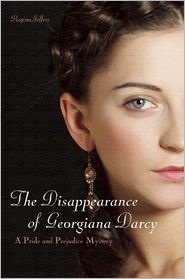 If you could be one of your characters for a day which character would it be? Why?
If you could be one of your characters for a day which character would it be? Why?
In the 2008 British series, Lost in Austen, the main character, a modern day woman named Amanda Price, meets the fictionalized Fitzwilliam Darcy. During an argument regarding Darcy’s priggish behavior toward Jane Bennet, Price says, “I’ve had you in my head, Fitzwilliam Darcy, since I was twelve years old…. Cut my heart out, Darcy. It has your name written on it with Elizabeth’s. God Almighty! Here you are – one half of the greatest love story ever told.” Like Amanda Price, I have been in love with Fitzwilliam Darcy since I was twelve – long before Andrew Davies created the myth of Darcy by casting the perfectly “sensual” Colin Firth in the 1995 BBC adaptation and even longer before Joe Wright molded a vulnerably sexy Darcy with Matthew Macfadyen playing opposite of Keira Knightley in 2005.
As a gawky, too tall, too smart preteen, I had more than one question about my likelihood of ever finding someone who would care for me as I am. At the time, I possessed no hope of my getting any prettier or less intelligent. All my cousins were sweet, petite darlings and were extremely talented. (My head is cut off in family pictures!) Then I read Pride and Prejudice, a book where the superior Mr. Darcy chooses the second Bennet sister – not the prettiest among her siblings and certainly not the most congenial. In fact, Darcy was only mildly aware of Elizabeth Bennet’s fine eyes and lithe figure. His initial attraction rested in the lady’s playful, teasing nature and the woman’s desire to improve her mind through extensive reading. I was hooked. I convinced myself that somewhere in this world there was a “Darcy” for me. So, if I could, I would gladly replace Elizabeth Bennet for one day. Heck, I would even accept Firth or Macfadyen as legitimate substitutes for Mr. Darcy.
Who is your favorite hero that you’ve written? Why?
Several years ago, I introduced Adam Lawrence, the future Earl of Greenwall, in one of my storylines. In that particular book, Lawrence had a walk through, mentioned as part of a social gathering. I cannot explain it – others authors will understand – but I instantly wanted to know more of Lawrence. Therefore, the viscount became a regular in my novels. In The Phantom of Pemberley, he took the step from supporting role to main character.
This is what I know of Adam Lawrence. He is tormented by his belief that in his father’s eyes that he is a failure. This notion taints Lawrence’s every action. He becomes what he believes others expect of him: a scoundrel, a cad, a rake, and a womanizer. Yet, there are moments when Lawrence acts quite heroic. He risks his life again and again for the sake of others; he is of noble character; although he occasionally acts unethically, the viscount never breaks a personal moral code; and self-knowledge is more important to him than his physical strength. Lawrence is such an appealing character that I have written a novella for his fans. “His Irish Eve” is set six years in the future. It explains Lawrence’s final interactions with his mistress, Cathleen Donnell, and the lady’s lasting impact on the viscount’s life.
Who is your favorite hero written by someone else? Why?
Jean Valjean, hero of Victor Hugo’s Les Misérables, is very much defined in terms of ancient heroes: he performs extraordinary feats, he fights for his own honor, and his deeds belong to the community. His fallibility is Valjean’s appeal. A product of the society in which he lives, Valjean makes poor choices. Those choices serve as the basis of his reform; they are the source of his atonement. He acts not from some desire to be seen as a hero, but because he must perform compassionately for others’ benefit to know peace. Valjean uses his life lessons as the basis of his decisions. He is heroic because he get on with the business of living.
What do you think makes a good hero?’
Because I write novels based in the early 1800s, I tend to use the Byronic hero most often. In the romantic hero, one finds eagerness in the service of an idea. The hero is devoted to whatever passion he follows. An internal battle serves as a source of the hero’s motivation. However, I do admit that the modern concept of a code of behavior, rather than a code of ethics, holds its appeal. A true hero performs his deeds for the sake of others.
If you could have dinner with any writer living or dead, who would it be and why?
Of course, everyone would expect me to say Jane Austen in response to this question, and although I would treasure an evening with “Jane” as my dinner companion, I am going to choose Ernest Hemingway. Besides beings a highly attractive man, I have always admired the Hemingway “hero.” I would want to see if the man truly lived up to his legend. I would imagine that Hemingway would be conscious of the fact that those he met (and those who happened to be in his vicinity) would set in awe of the man. I also picture him as the type who has read every word of praise and of criticism others had written of his efforts, and he has found a way to turn both to his advantage. Hemingway was the consummate literary scholar and a devout lover of books.
As the man once said, “All you have to do is write one true sentence. Write the truest sentence you know.” Excellent advice from a writer who, in 1952, sold five million copies of The Old Man and the Sea in just two days. I admire his style – his avoidance of description of emotions – a prose style characterized by concise sentences, vivid dialogue, and simplistic narration/description. Hemingway’s development of a specific model for his heroes is renowned. Hemingway’s heroes are “super masculine,” enjoying sports and adventure. Of course, we might have a point of contention: Hemingway’s heroines exist only in relation to the men in their lives. Mr. Hemingway and I could have a “heated discussion” over such differences.
What authors do you always read?
There are so many writers (besides Jane Austen) who I adore. I have repeatedly curled up on a long winter’s evening to retrace Jane Eyre’s (Charlotte Brontë) journey in discovery. I love Elizabeth Gaskell’s Cranford and North and South. If I come across Alfred Noyes’ “The Highwayman” or Arthur Guiterman’s “Pershing at the Front” in a book, I will stop everything to read these poems. I love Ambrose Bierce’s “A Horseman in the Sky.”
While still teaching, I enjoyed sharing Adeline Yen Mah’s Chinese Cinderella with my students, as well as Ellen Emerson White’s Echo Company series. Some other favorites were Lillian Hellman’s The Little Foxes; Neil Simon’s God’s Favorite; Sonia Levitin’s The Cure; Jane Yolen’s The Young Merlin Trilogy; Ayn Rand’s Anthem; and Robert Cormier’s The Hero. Anthony Trollope’s novel, The Way We Live Now, holds relevance to modern-day ponzi schemes. Give me an Agatha Christie mystery, and I am quite satisfied. I like Thorton Wilder’s The Bridge of San Luis Rey, Gustave Flaubert’s Madame Bovary, Homer Hickman’s October Sky, Julius Lester’s Othello, Tom Jordan’s Pre: The Story of America’s Greatest Running Legend, Jim Vergus’ One Thousand White Women, and just about anything Sharyn McCrumb writes.
Do you have a secret talent readers would be surprised by?
Most people would agree that I am more than a fair dancer, and quite a few realize that I hold a Black Belt in Tae Kwon Do, but not many may know that I am also quite adept at twirling a flag – the kind one sees in a marching band or in Drum Corps International. In my garage, one may find two five foot poles with flags and three swing flags. (I no longer own a show rifle. They are too heavy for a woman with a repaired rotator cuff.) I recently taught one of neighborhood’s middle schoolers the basics. The girl plans to audition for the high school line in the spring.
What is the one question you never get asked at interviews, but wish you did?
You have published twelve novels in a little short of four years and have another nearing completion. Reportedly, you have several others in waiting. From where do all the ideas come? And what happens when you run out of new ideas?
Here’s a quick preview of: Christmas at Pemberley
Christmas at Pemberley: A Pride and Prejudice Christmas Sequel
To bring a renewed sense joy to his wife’s countenance, Fitzwilliam Darcy has secretly invited the Bennets and the Bingleys to spend the Christmastide festive days at Pemberley. But as he and Elizabeth journey to their estate to join the gathered families, a blizzard blankets the English countryside. The Darcys find themselves stranded at a small out-of-the-way inn with another couple preparing for the immediate delivery of their first child, while Pemberley is inundated with friends and relations seeking shelter from the storm.
Without her brother’s strong presence, Georgiana Darcy desperately attempts to manage the chaos surrounding the arrival of six invited guests and eleven unscheduled visitors. But bitter feuds, old jealousies, and intimate secrets quickly rise to the surface. Has Lady Catherine returned to Pemberley for forgiveness or revenge? Will the manipulative Caroline Bingley find a soul mate? Shall Kitty Bennet and Georgiana Darcy know happiness?
Written in Regency style and including Austen’s romantic entanglements and sardonic humor, Christmas at Pemberley places Jane Austen’s most beloved characters in an exciting yuletide story that speaks to the love, the family spirit, and the generosity that remain as the heart of Christmas.
Thanks Regina, for joining us at Reader’s Entertainment.
 L. McMaken
L. McMaken



